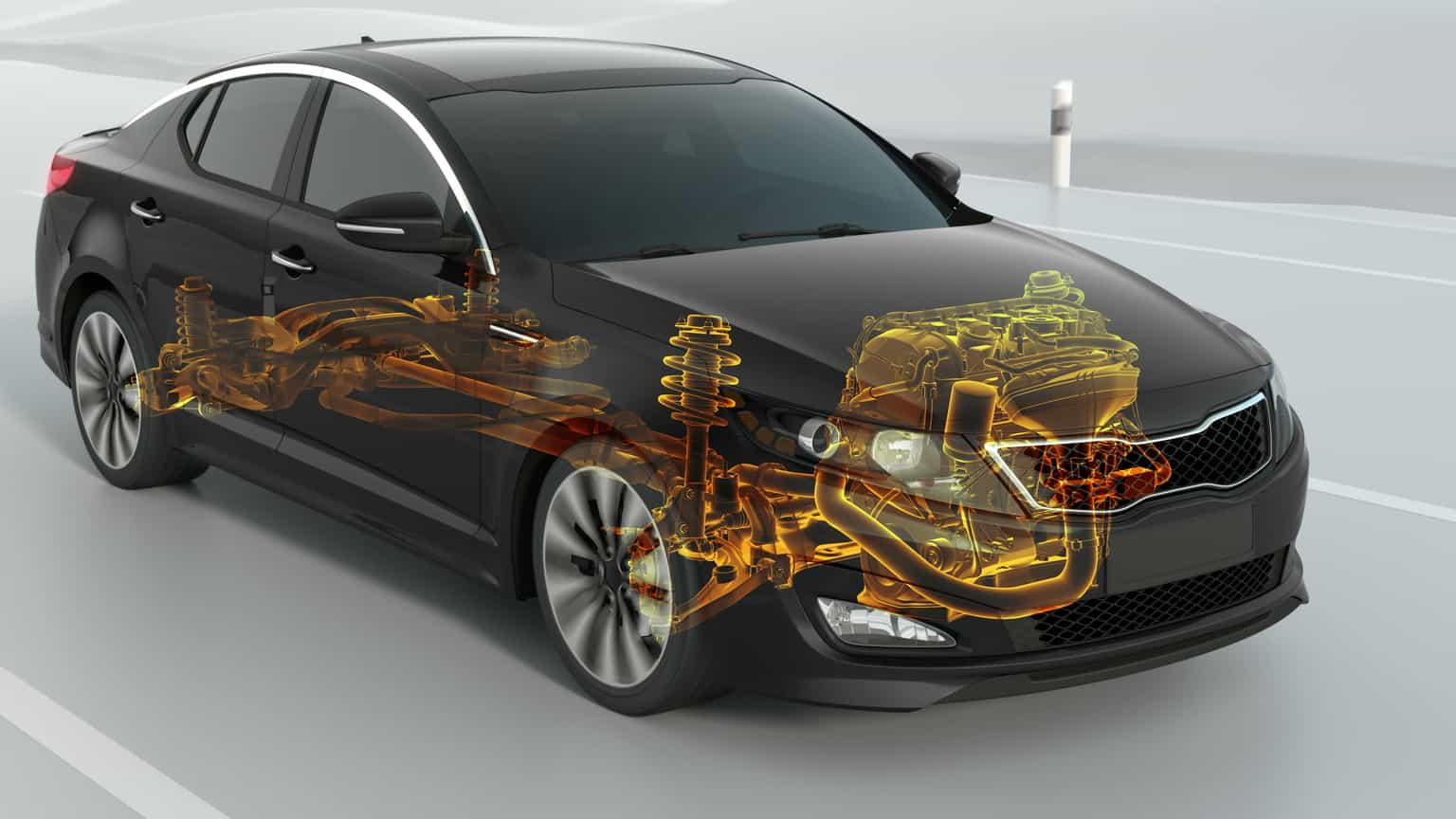Used Engines for Sale: What You Need to Know Before Buying One
Used Engines for Sale: What You Need to Know Before Buying One
Blog Article
Important Factors To Consider for Ensuring Quality and Long Life in Made Use Of Engines
When thinking about the acquisition of a used engine, ensuring its quality and durability calls for a multifaceted method. Maintenance history is a critical element, as it offers insight right into the engine's previous care and possible future dependability. Performance screening is also critical, using a picture of the engine's functional performance.
Engine Background Assessment
In the realm of used engines, a comprehensive engine background assessment is paramount to making sure high quality and integrity. Comprehending an engine's past can provide important insights into its performance capabilities and prospective future longevity. A precise background evaluation incorporates a number of vital aspects that play a significant duty in evaluating an engine's problem. Upkeep documents are indispensable. Routine upkeep, including oil changes, filter replacements, and arranged tune-ups, show that the engine has actually been well-cared-for, decreasing the chance of unanticipated failings.
Engines that have actually gone through significant fixings might have underlying concerns that might resurface. Analyzing the engine's mileage can offer as a sign of wear and tear. An engine made use of largely for long-distance highway driving might be in much better condition than one subjected to constant stop-and-go city web traffic.
Fundamentally, an exhaustive investigation into an engine's background is essential for making educated acquiring choices. used engines for sale.
Comprehensive Assessment Guide
While understanding an engine's history gives useful context, a comprehensive evaluation is the next step to guarantee its present problem straightens with historical information. The evaluation needs to begin with an aesthetic analysis, examining for signs of leaks, deterioration, and unusual wear. Check the exterior for oil stains or coolant marks, which may show underlying issues.
Next, examine the engine's placing system for any type of loosened bolts or irregularities that can affect efficiency. Pay very close attention to the condition of belts and hose pipes, as these components are important for optimal engine functionality. Check out for cracks, fraying, or any type of indicators of degeneration.
Identifying Deterioration
Acknowledging indications of wear and tear is important for evaluating a made use of engine's durability and integrity. It involves a meticulous exam of different engine parts to identify their present state and prospective future performance.
One more essential aspect is examining the engine's seals and gaskets. In addition, uncommon noises throughout engine procedure, such as knocking or ticking sounds, may suggest interior damages or too much wear on moving parts like pistons or bearings.
The condition of belts and hose pipes is similarly essential, as they play an important duty in the engine's general feature. Fractured or torn belts and brittle pipes are indications old that can cause engine failing if ignored. Finally, examining the oil problem and filter can provide insights into previous maintenance methods, as filthy oil or blocked filters suggest overlook explanation and increased wear.
Performance Testing Fundamentals
Reviewing the damage of engine parts establishes the stage for a comprehensive evaluation via efficiency testing. Performance testing works as a critical measure in determining the functional honesty of a used engine. By imitating real-world problems, it evaluates the engine's ability to provide power successfully and dependably. Secret metrics include horse power, torque, fuel performance, and discharges levels. This data provides useful insights right into the engine's present performance and assists identify prospective concerns that might not be immediately visible.
Making use of dynamometers is a common approach in performance testing. These devices gauge the engine's output across different conditions, supplying an in-depth profile of its performance. Furthermore, on-road screening complements dynamometer evaluations by observing engine actions under normal driving scenarios, ensuring it fulfills the called for standards for both safety and security and efficiency.
Advanced analysis devices further improve the ability to pinpoint underlying problems. These devices analyze engine management systems, identifying mistakes in electronic elements that might influence efficiency. Comprehensive screening not only confirms the engine's functional standing but also aids in projecting future maintenance requirements. This makes sure the made use of engine can deliver trusted efficiency over an extended duration, official site therefore maximizing its value and solution life.
Upkeep and Treatment Tips
Correct upkeep and treatment are essential to extending the life-span of a made use of engine and ensuring its constant performance. Regular oil modifications are vital; utilizing the maker's suggested oil type and grade can protect against too much damage. Furthermore, oil filters must be changed concurrently to keep optimum lubrication and cleanliness within the engine.
Keeping an eye on fluid levels, consisting of coolant, transmission liquid, and brake liquid, is necessary. Making sure these fluids are at ideal levels helps prevent getting too hot and other mechanical issues. Inspecting belts and hose pipes for indicators of wear, such as splits or fraying, can prevent potential failings that might result in pricey fixings.
Routine inspection of the air filter is additionally needed, as a clean filter ensures effective air movement and combustion, thereby optimizing engine performance. Ignition system should be examined and changed when required to maintain efficient gas burning and prevent engine misfires.
Lastly, regular analysis checks utilizing professional devices can recognize possible concerns prior to they end up being substantial troubles. By adhering to these maintenance and care tips, used engine owners can guarantee their engines remain trusted, efficient, and efficient in executing well over a prolonged duration.
Conclusion

Report this page